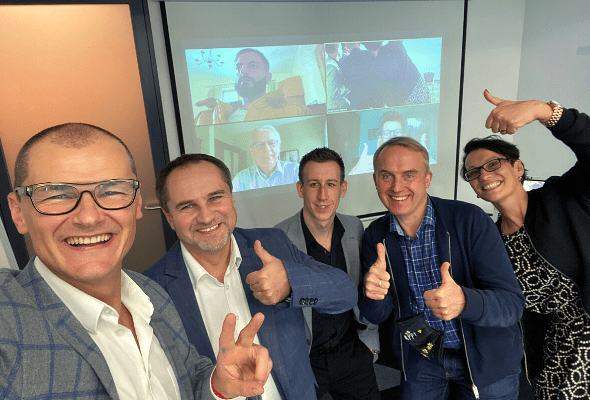
“Coaching is a response to the individualized development needs of modern people. It is an alternative for individuals, teams and organizations where traditional training methods cannot keep up with the pace of changes and requirements of the surrounding reality. Coaching, in these dynamic conditions, turns out to be very effective. This effectiveness is due to the interdisciplinarity of coaching, and among the many fields from which coaching draws, psychology deserves a special place. This does not mean that every coach should be a certified psychologist, but it does mean that the effectiveness of coaching requires an understanding of the psychological foundations, because it is on them that practical actions are based” (Ho Law, 2010).
There are psychological issues that constitute the basis of knowledge of a properly prepared coach. A professional coach has knowledge in the field of:
- Psychology of emotions and motivation
- Cognitive Psychology
- Personality psychology
- Positive psychology
- Cognitive-behavioral approach
A properly conducted coaching process includes tools derived from psychology. These include reflection, which is – next to listening and asking questions – one of the three key competencies of a coach.
Reflections are intended to show:
- Key words used by the client
- Emotions observed in the client
- Action and decision-making patterns
- Empowering or limiting beliefs
- Values that are significant to the customer
- Resources owned by the client
Examples of using reflections:
- “You said that work is really important to you”
- “You smile when you talk about it”
Thanks to reflections, the coaching process is more effective and complete. The client has the opportunity to reflect on the words he or she speaks and his or her own reactions, deepening awareness of the causes of difficulties encountered and the resources that he or she can use to achieve the goal. It is also an opportunity to learn effective communication, used in professional and private conversations with the client.
Literature:
Ho Law, Sara Ireland, Zulfi Hussan, „Psychology of coaching”, PWN, Warsaw 2010”

